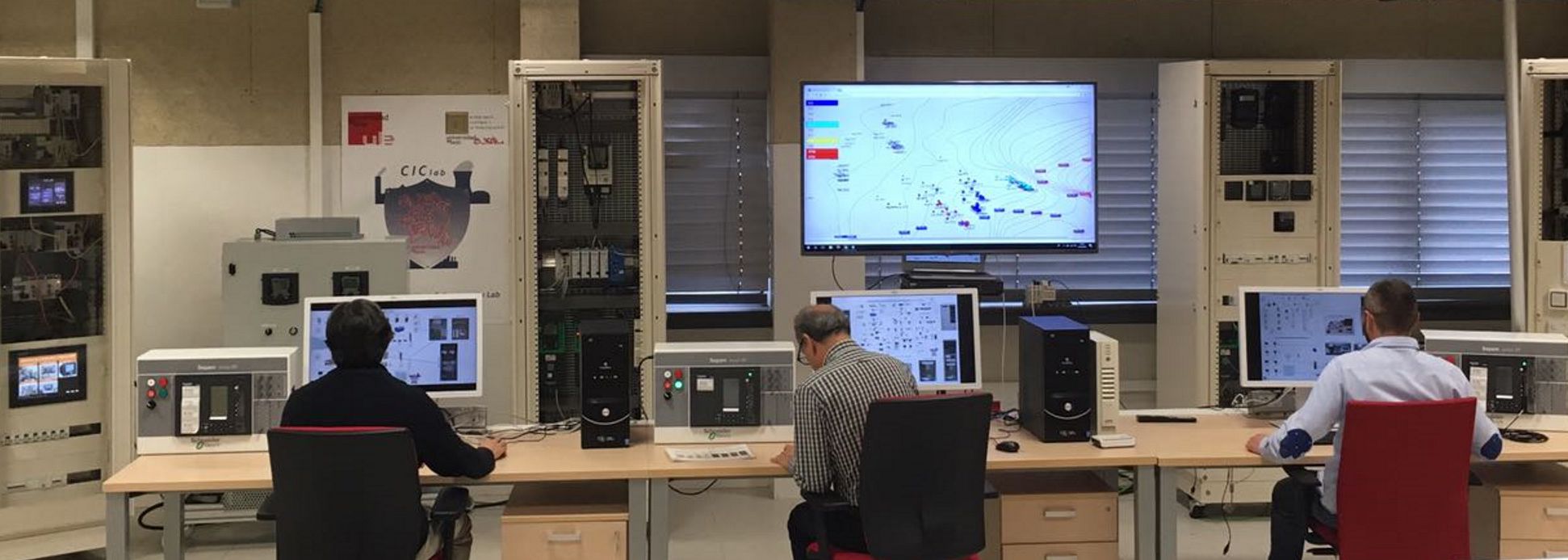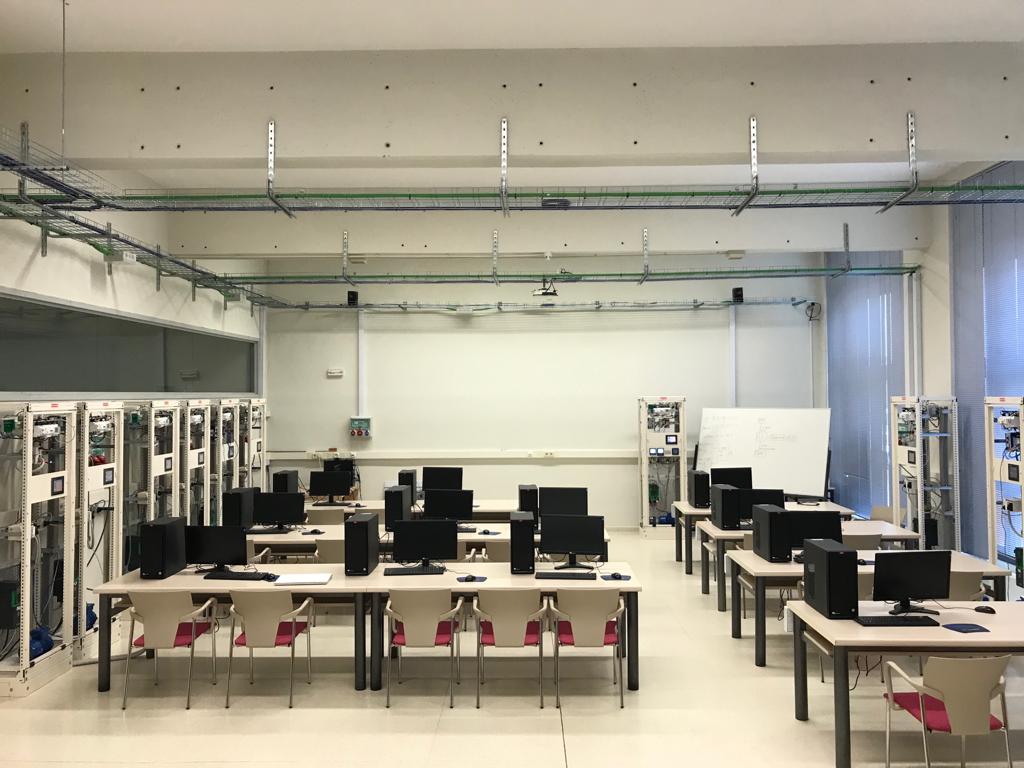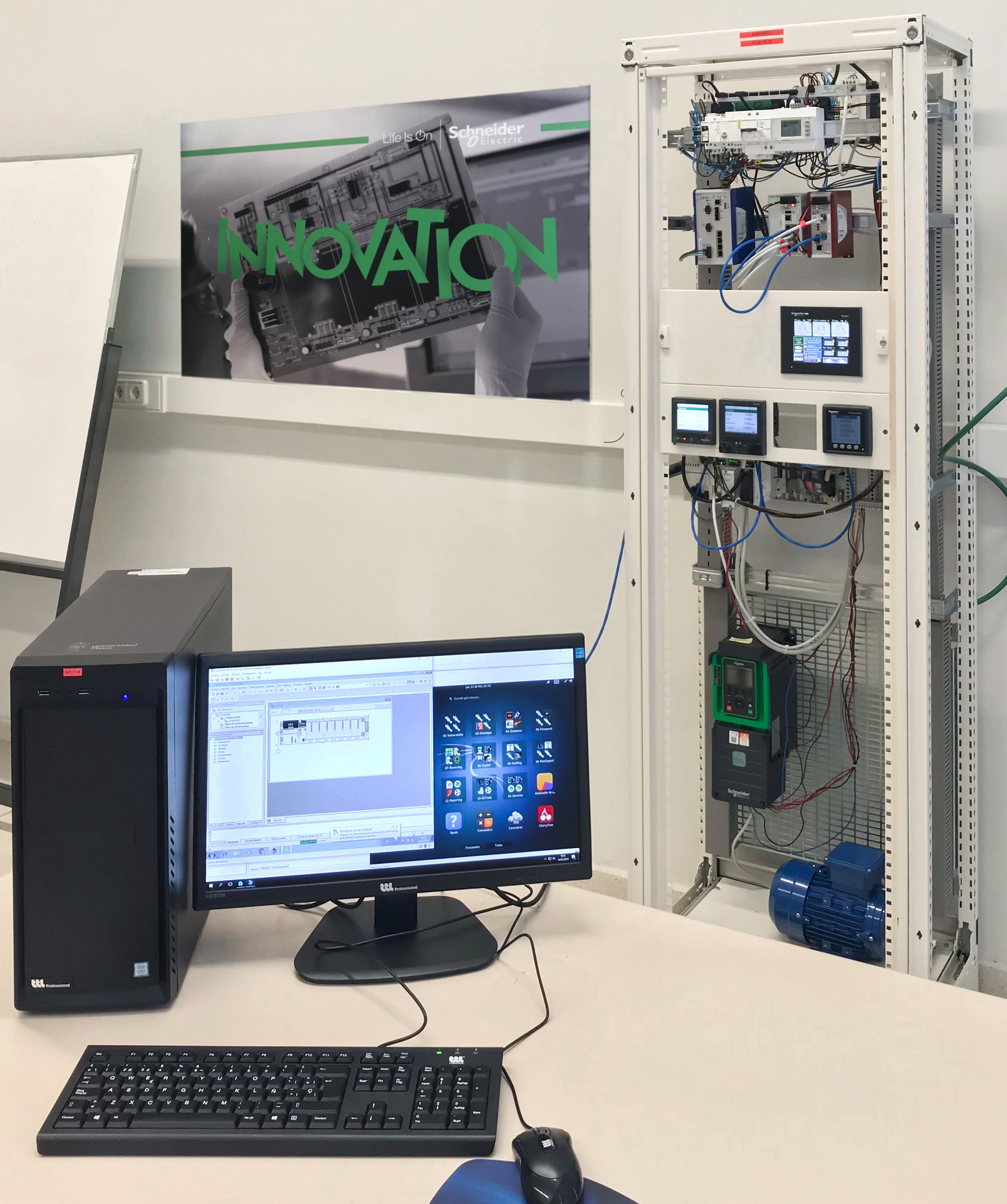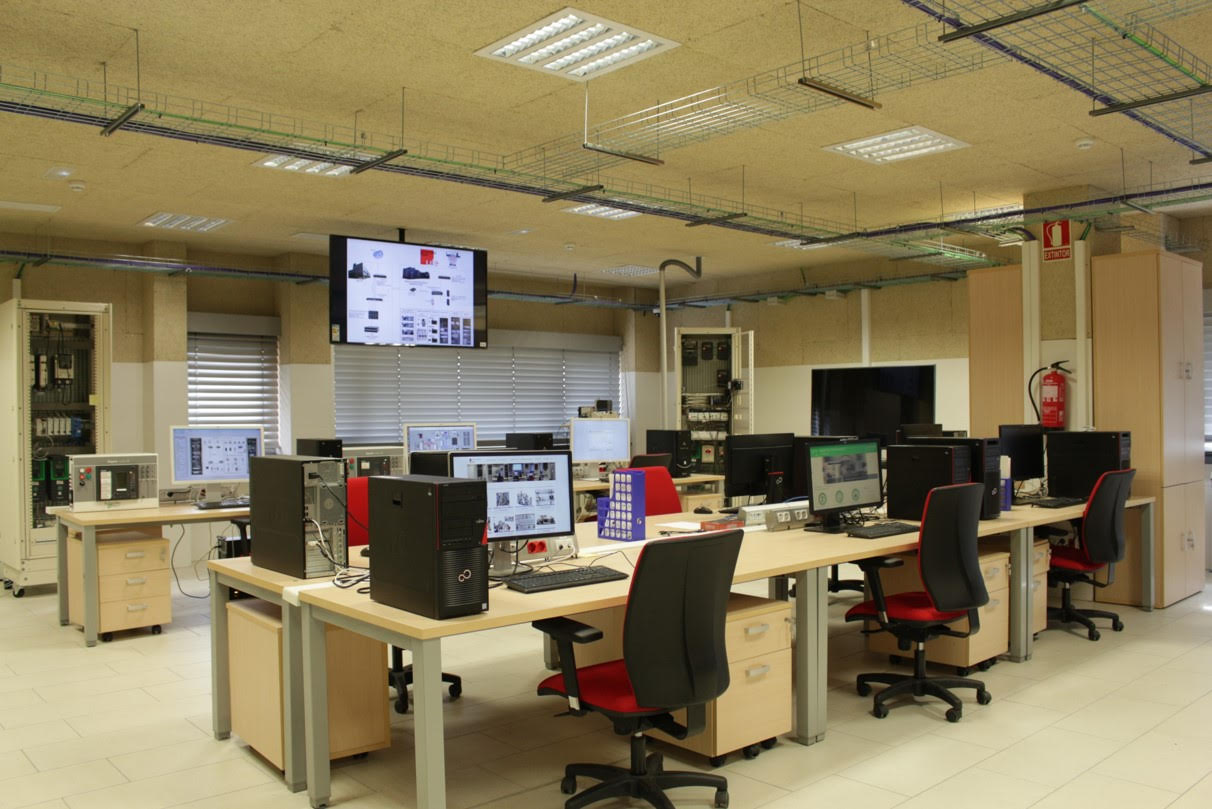The EDIH DIGIS3,a consortium made up of six entities from Castile and Leon, will work over the next three years to promote the Smart, Sustainable and coheSive Digital Transformation of SMEs and public administrations in the region. This consortium is integrated, in addition to the University of León (ULE), by three fully operational Digital Innovation Hubs in Castile and Leon: IoT-DIH (Air Institute), Digital Innovation Hub Industry 4.0 (DIHBU), and Digital Innovation Hub on Livestock, Environment, Agriculture & Forest (DIH-LEAF), as well as the Supercomputing Centre SCAYLE and the Institute for Business Competitiveness of Castilla y León (ICE). On the part of ULE, 65 researchers from 14 research groups are participating in this initiative.
One of these groups is led by researcher Manuel Domínguez, the SUPPRESS Research Group (Supervision, Control and Automation), which carries out its research activities according to three main lines of action:
- The development of local and remote supervision systems for the supervision of industrial processes and facilities, incorporating advanced and innovative tools for the extraction of knowledge from large data sets, based on machine learning techniques.
- The design and implementation of remote laboratories for online training, both from the point of view of the development of equipment, prototypes and systems of an industrial nature, and the development of their architecture, as well as the software needed for their operation. All of this guided by a philosophy of work and operation based on open and non-proprietary technologies, which can integrate their own and third-party equipment.
- Cybersecurity in critical infrastructures, analysing the threats and vulnerabilities that may affect the control systems of critical infrastructures and their communications networks. This is done by means of test environments that replicate the elements and structures available in real critical infrastructures in the industrial and energy management fields.

On the basis of these lines of action, within the framework of the DIGIS3 project ("Smart, Sustainable and coheSive digitisation"), the SUPPRESS research group of the ULE offers a wide range of services such as:
Theoretical and practical training programme in Industry 4.0 enabling technologies. For this programme, the group has at its disposal the facilities of the IoT Schneider Electric - ULE IoT Tecnology Classroom.

Technical advice on the digitisation of industry. Technical advice on industrial control systems, building automation, energy management, remote control of industrial facilities, industrial cybersecurity and application of machine learning techniques in the industrial field.

Mentoring for digital transformation in companies. Support for the implementation of digital technologies for the control and monitoring of industrial processes and facilities and intelligent systems for the supervision of industrial cybersecurity events.
Industry 4.0 and industrial cybersecurity demonstrators. Demonstration of innovative technologies in the field of industrial automation and control systems, data acquisition and processing, cybersecurity in critical infrastructures in the areas of industrial control, electricity supply and building management. https://suppress.unileon.es/demostradores/, http://lra.unileon.es, https://suppress.unileon.es/ciclab/.

Intelligent monitoring and analysis solutions. Conception, deployment and validation of solutions focusing on the use of artificial intelligence for the creation of data-driven models of a process, in the use of these models for the creation of advanced tools for industrial monitoring and cybersecurity events.
Mentoring entrepreneurs in digital technologies. Follow-up on the implementation and deployment of digital and industrial automation and control technologies so that entrepreneurs can use them effectively.
For more information on the DIGIS3 HUB click on this link.